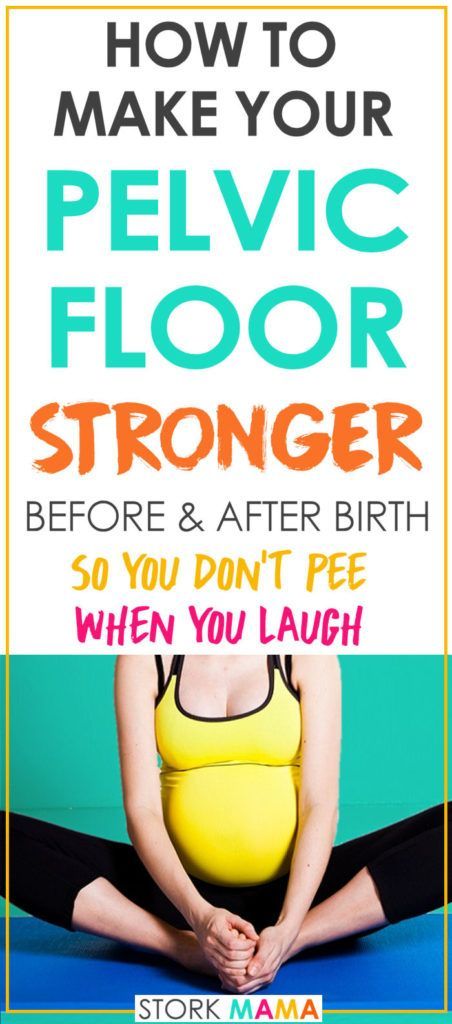Most women will experience some form of prolapse after pregnancy and childbirth and approximately one in five will require medical assistance.
Pelvic floor prolapse after childbirth.
Both of these may indicate that a pelvic floor prolapse is present.
You may also see something protruding out of the vaginal opening.
Pregnancy itself as well as certain interventions during childbirth can affect the stability of the pelvic floor muscles and the ligaments supporting the pelvic organs.
The muscles ligaments and connective tissue that support your vagina become stretched and weakened during pregnancy labor and delivery.
You may feel some pressure or something hanging down into pelvis.
All pelvic organ prolapses occur as a result of a weakening in the muscles that hold everything in place within the pelvic area the pelvic floor muscles.
Getting older and going through the menopause.
Pregnancy and childbirth especially if you had a long difficult birth or if you gave birth to a large baby or multiple babies.
When pregnancy and childbirth weaken the pelvic floor muscles one or more of the organs they support the uterus bladder and bowel can slip out of place.
Rehabilitating these muscles can help prevent or improve this condition.
A number of things can weaken your pelvic floor and increase your chance of developing pelvic organ prolapse.
To be properly diagnosed be sure to schedule a follow up appointment with your obgyn will be helpful probably about 6 weeks after you give birth.
In the case of a prolapsed uterus the organ can begin to slide down into the vagina.
The pelvic floor is usually weak after pregnancy and childbirth which means that with pelvic floor recovery prolapse immediately after childbirth often improves from its initial presentation.
When the pelvic floor muscles become weakened from pregnancy childbirth or changes that occur during menopause an organ such as the uterus can slip from its normal position in the pelvis and begin pressing against the vaginal wall.
Prolapse that resolves immediately after childbirth can still be an indication that future prolapse problems may arise.
According to the national institutes of health as many as one third of women suffer from a pelvic floor disorder which can cause discomfort in the groin and lower back urinary and fecal.
Chronic cough or bronchitis.
Posterior vaginal prolapse results from pressure on the pelvic floor.
Causes of increased pelvic floor pressure include.
Chronic constipation or straining with bowel movements.
What causes a prolapse after childbirth.




























